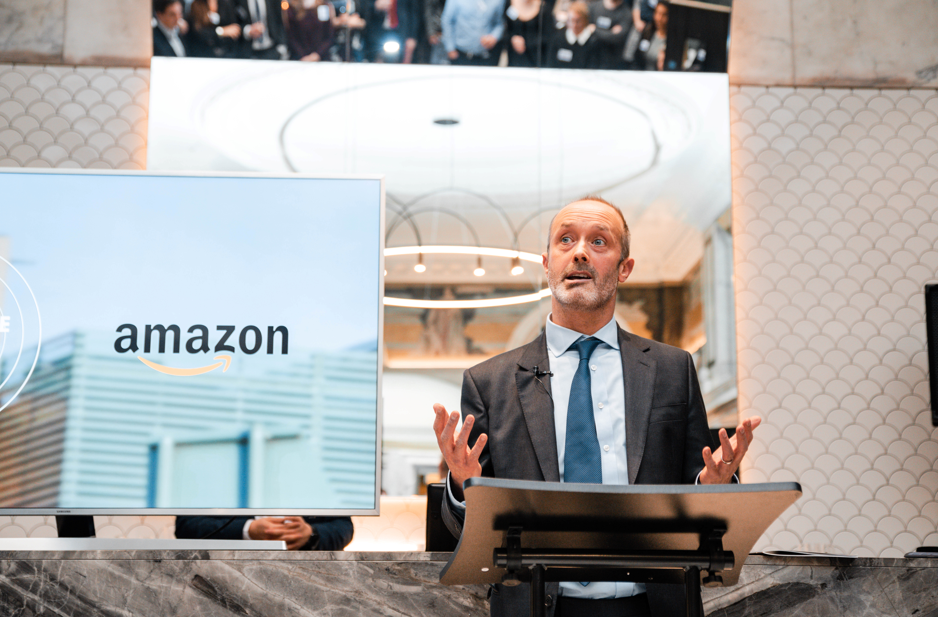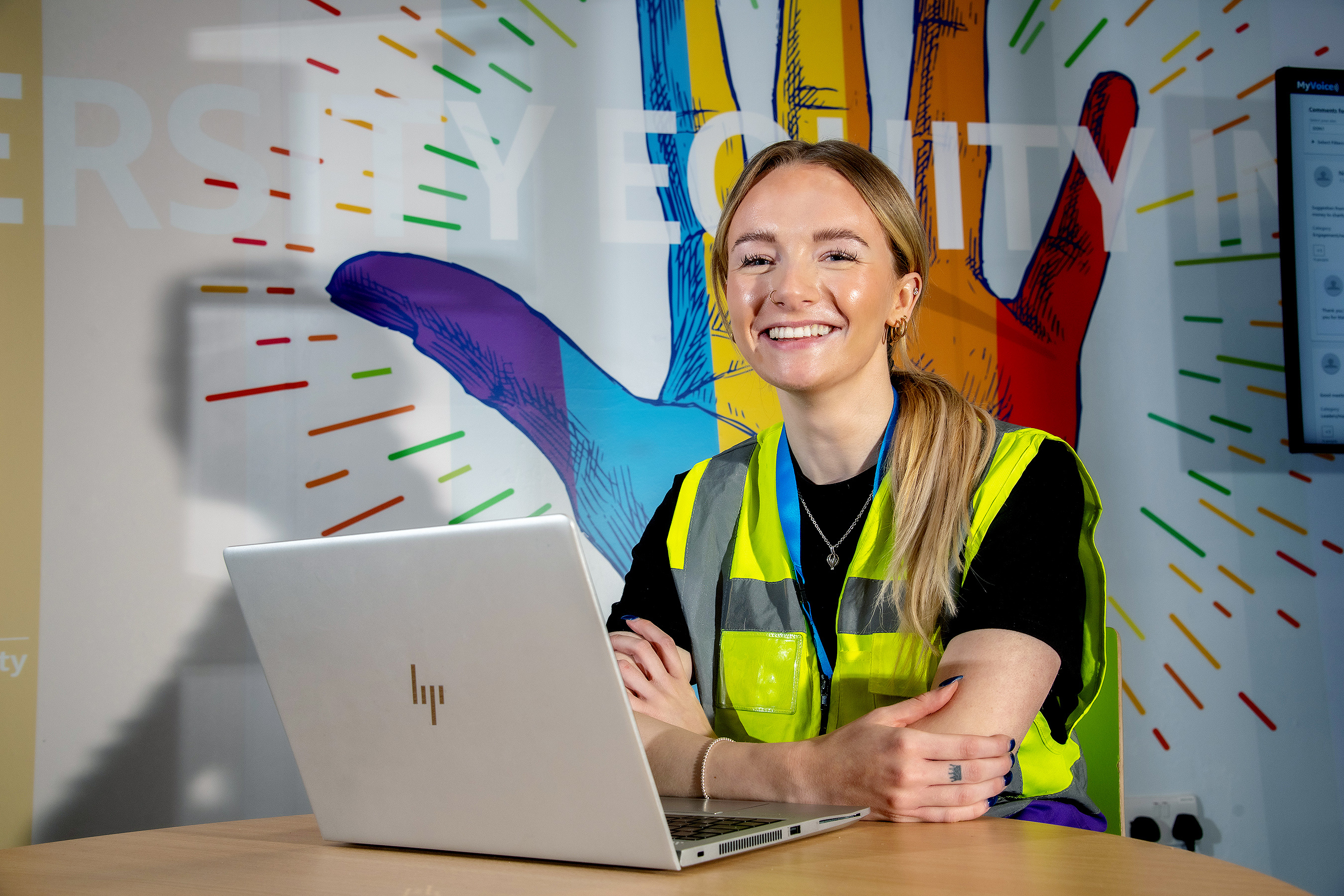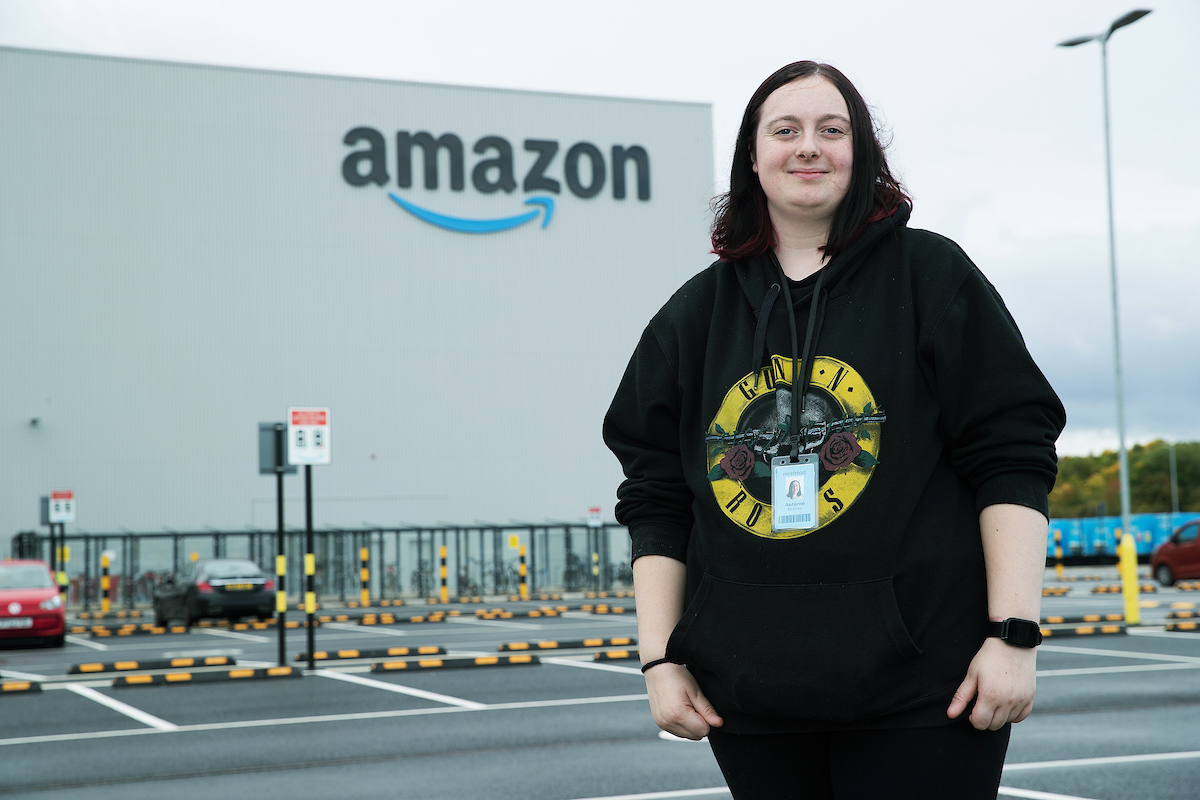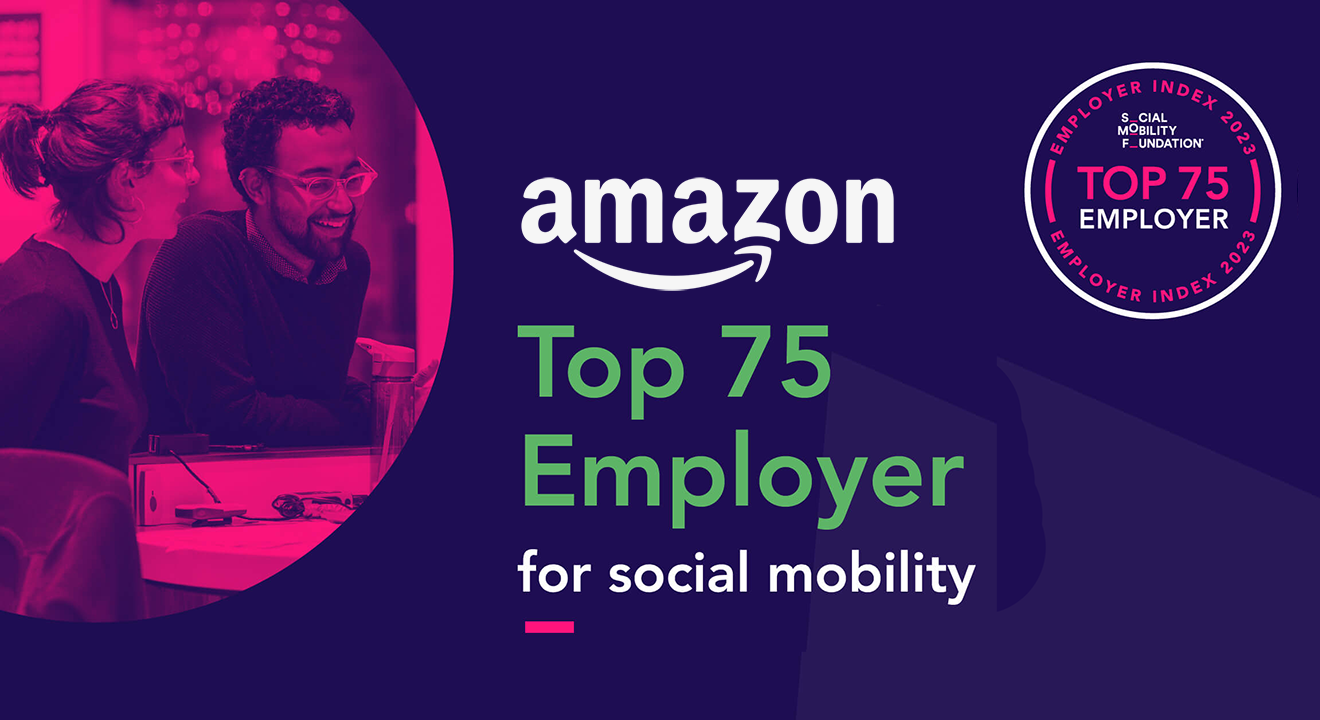New research supported by Amazon reveals how the retail industry can support social mobility through improved employee data collection, cross-sector collaboration, increasing opportunities, and promoting diversity in other areas.
“We know the logistics sector and retail industry provide employment and upskilling opportunities for many people who may not otherwise be in work,” said John Boumphrey, UK Country Manager, Amazon.
“More than half of the new hires in our operations division come to Amazon from unemployment, or straight from education. We’re a gateway employer for thousands starting or re-starting their careers, which is both a privilege and a responsibility.
“The recommendations made in this report will now provide the basis of our social mobility strategy for Amazon in the UK. I encourage our partners and other organisations in the logistics sector and retail industry to consider how they can also create opportunities which make our society fairer, more equal, and ultimately more prosperous for everyone.”
 John Boumphrey, UK Country Manager, Amazon, giving a speech at the launch event for Amazon’s Levelling Up Impact Report.
John Boumphrey, UK Country Manager, Amazon, giving a speech at the launch event for Amazon’s Levelling Up Impact Report.Read on for the five recommendations highlighted by the report.
1. Collect data in order to measure impact
All companies should collect and analyse the socio-economic background (SEB) of their workforce. This helps them to put in place the best practices to promote social mobility and evaluate whether their programmes are successful. It also helps external organisations such as regulators, sector bodies and the government to encourage and support initiatives that have a positive impact.
2. Promote clear career pathways
Leveraging the data, retail and logistics firms should ensure employees from lower SEB are given clear progression pathways to support the transition from technical or operational roles to middle or senior level management roles.
Senior roles often require skills such as self-confidence and strategic self-promotion, as well as taking opportunities for professional development, and networking. Employers should ensure progression strategies by mapping out career paths and creating skills-building programmes.
3. Invest in apprenticeship opportunities
Evidence shows that apprenticeships in the retail and logistics sectors are becoming an increasingly important part of career progression.
Unlike in other industries, where apprenticeships often do not offer ‘parity of progression’ compared with graduate entry routes, retail and logistics businesses should increase investment in apprenticeship opportunities, but ensure they closely monitor who is accessing these opportunities, and the extent to which they offer parity with graduate degree routes.
4. Increase cross-sector collaboration
The report highlights the benefits of greater collaboration within the retail industry and logistics sector.
Collating and benchmarking data, sharing effective practice, and navigating the range of organisations that provide insights and support in this area are all highlighted as efficient ways of boosting performance.
5. Promote diversity in other areas
Programmes and strategies aimed at supporting socio-economic diversity should connect with efforts to support diversity in other areas, such as gender and ethnicity.
Evidence shows that increased social mobility has a positive impact on diversity in other areas, and that understanding people’s experiences enables organisations to adopt Diversity and inclusion strategies for diversity that complement social mobility.
Amazon supports social mobility through various programmes, from young people entering the workforce for the first time, to those changing careers to more in-demand roles.
The Amazon Apprenticeships programme has been active for the last ten years, offering more than 5,000 apprentice roles across 50+ schemes. 85% of those who have completed their course have built successful careers with Amazon, while 79% are still with the business today.
Meanwhile, Amazon’s Career Choice programme pre-pays 95% of adult learning tuition up to £8,000 to help our colleagues gain new skills. And, as part of the Care Leaver Covenant, we recently launched a pioneering partnership with Barnardo’s called The JOBS Project, a 10-week learning programme providing young care leavers with training and mentoring to help them with their first steps into the workplace.











